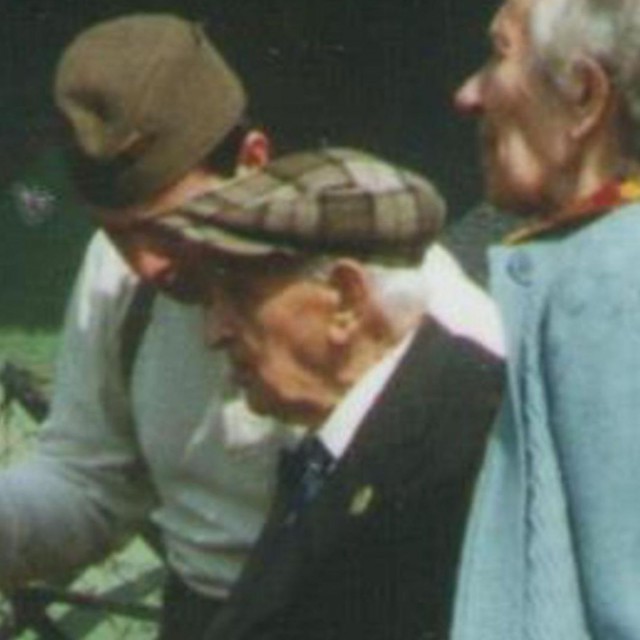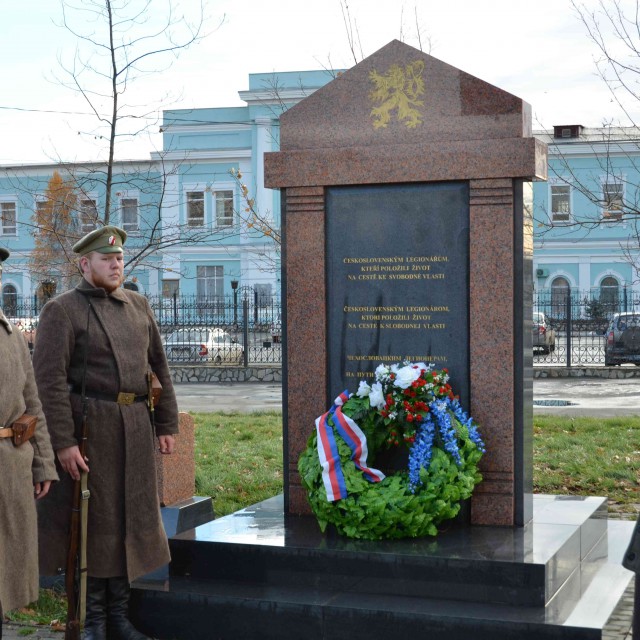The Chelyabinsk incident
In May 1918, the trains of the Czechoslovak legionaries that had been halted here were standing at the train station in Chelyabinsk. The trains were occupied by the soldiers of the 3rd and 6th Czechoslovak rifle regiment. "The Chelyabinsk train station! Can you imagine eighty tracks side by side? When there are four tracks side by side, it's a mess, but there were eighty of them," says Alois Vocásek, one of the legionaries who was present. The incident happened on May 14, when a train with Hungarian, German, and Romanian prisoners of war arrived at the station in the morning hours and halted there for some time. The Czechoslovaks felt compassion for the fellow soldiers and gave them part of their food and tobacco. But when the train started rolling again, someone deliberately hurled a piece of metal from the train at one of the Czechoslovak legionaries: "We were at the station, we were looking at the train and suddenly someone threw a piece of metal into the crowd. I think it might have been a leg of the stove that was in the train. It didn't kill anyone, that's true." However, Ducháček, a soldier of the 6th Rifle Regiment, was hit by the metal object in the head and fell unconscious to the ground. "We saw that the train was turning right to the 9th verst. So they started chasing the train! And they went inside for the perpetrator," says Vocásek, "they handed over to the legionaries the guy who had thrown it and he was executed by our men. They simply cut off his head." The incident sparked a chain of events. The Soviets were incensed by this arbitrary act of the legionaries and judged it as an interference with their own competence. "Those who had executed the soldier - they were about fifteen - were arrested by the Soviets. And when the news about their arrest reached us, the whole company jumped up and went for them. They freed them," says Alois Vocásek.
Hodnocení
Hodnotilo 0 lidí
Trasy
Příběh není součastí žádné trasy.
Komentáře
Žádné komentáře k příběhu.



